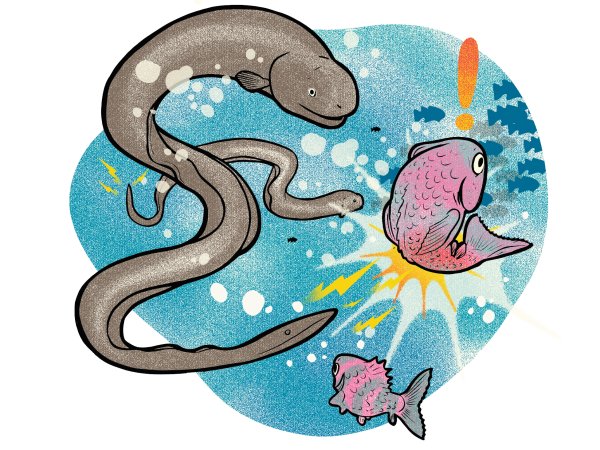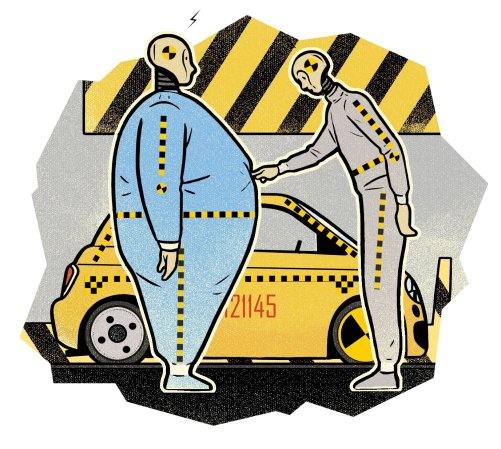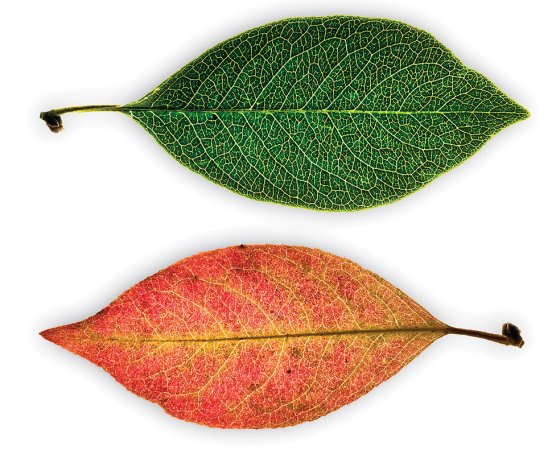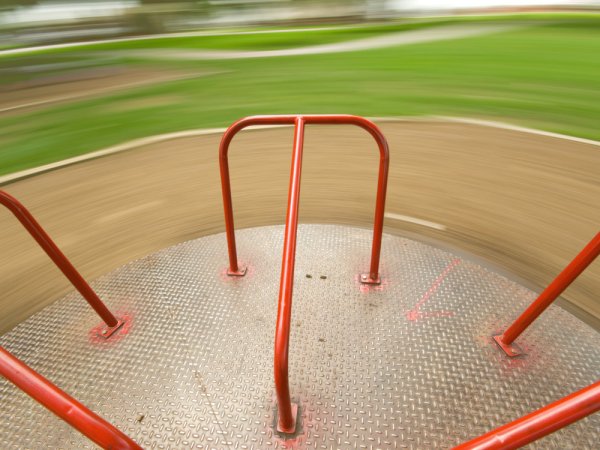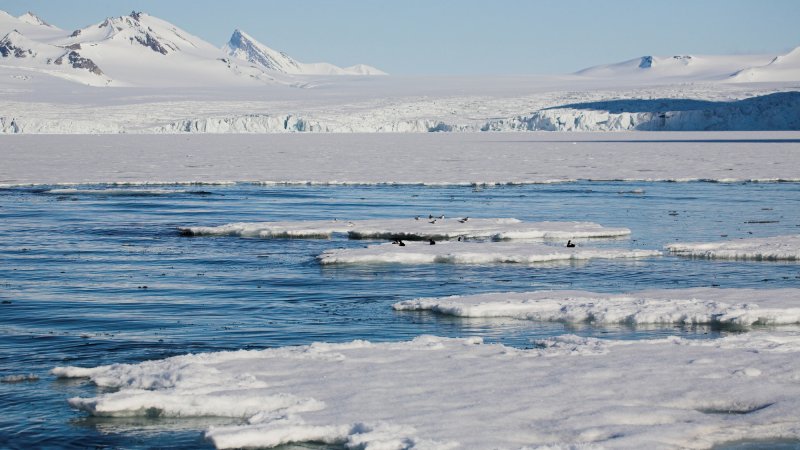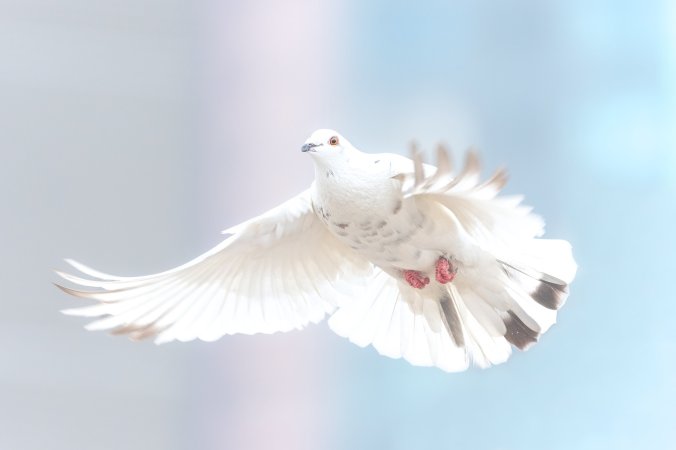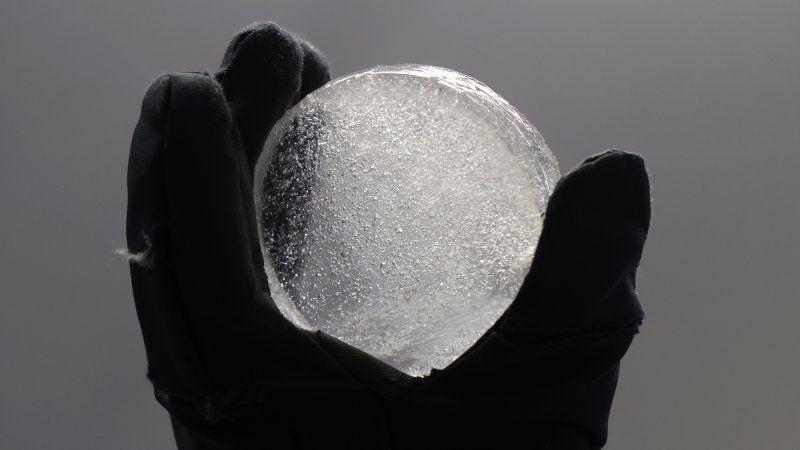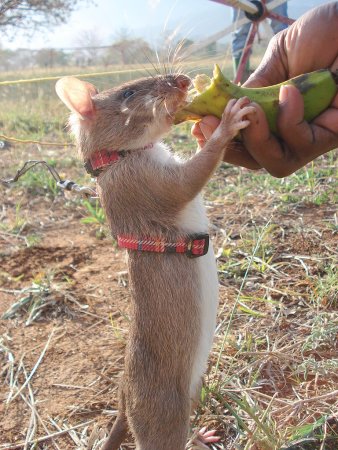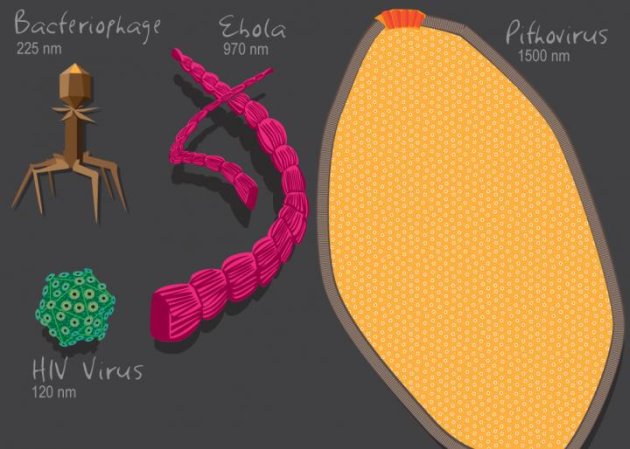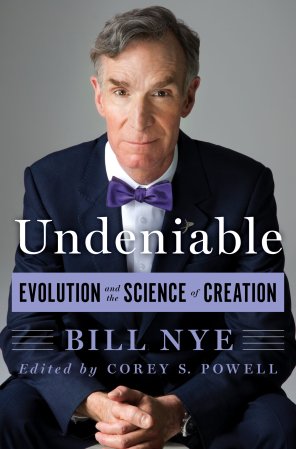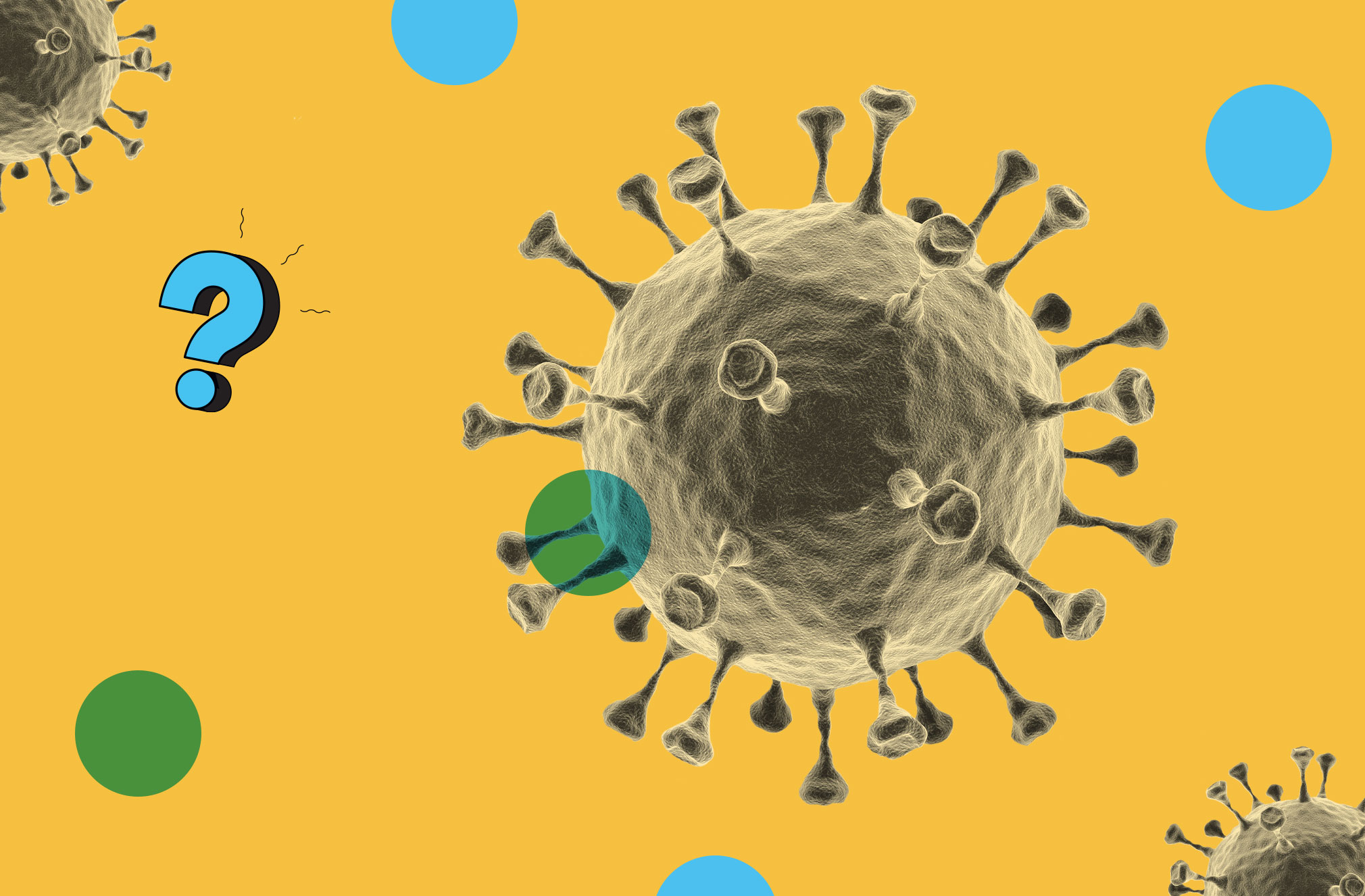

Is your head constantly spinning with outlandish, mind-burning questions? If you’ve ever wondered what the universe is made of, what would happen if you fell into a black hole, or even why not everyone can touch their toes, then you should be sure to listen and subscribe to Ask Us Anything, a brand new podcast from the editors of Popular Science. Ask Us Anything hits Apple, Anchor, Spotify, and everywhere else you listen to podcasts every Tuesday and Thursday. Each episode takes a deep dive into a single query we know you’ll want to stick around for.
Viruses have been the talk of the town this past year, and for good reason. A fairly deadly one—SARS-CoV-2, which causes COVID-19—has found its way to every corner of the globe. This pandemic has shown just how dangerous viruses can be, and it’s definitely not the first to do so. But the world isn’t necessarily black and white, and viruses are no different. So in this episode of Ask Us Anything, I’m excited to give a spotlight to the do-gooders of the virus world.
Yes, good viruses do exist. In fact, all sorts of microorganisms, from viruses to bacteria and fungi, exist in and on our bodies without harming us. Researchers have dubbed our resident viruses the “virome.” But viruses are a bit different from the bacteria and fungi that call our bodies home. Namely, they can’t replicate without a living host. They enter cells and hijack their controls to make copies of themselves. Pretty gnarly and sneaky, but even so, they can still confer benefits to the living beings they depend on—human or otherwise.
For example, the development of the placenta was helped in part by a group of special viruses called ancient retroviruses. To hear about the numerous other ways that viruses have helped shape who we are today and what researchers are still discovering about how they help us thrive, listen to this week’s episode.
![Ask Us Anything: Are Aphrodisiacs For Real? [Video]](https://www.popsci.com/wp-content/uploads/2019/03/18/ZSJE4KVHKSXZP4362TZLUW674M.jpg?quality=85&w=522)


![Ask Us Anything: Are There Electronic Defenses Against Drones? [Video]](https://www.popsci.com/wp-content/uploads/2019/03/18/2CTMKWTCJ4ZXPGRLJU4U436EAI.jpg?quality=85&w=469)
